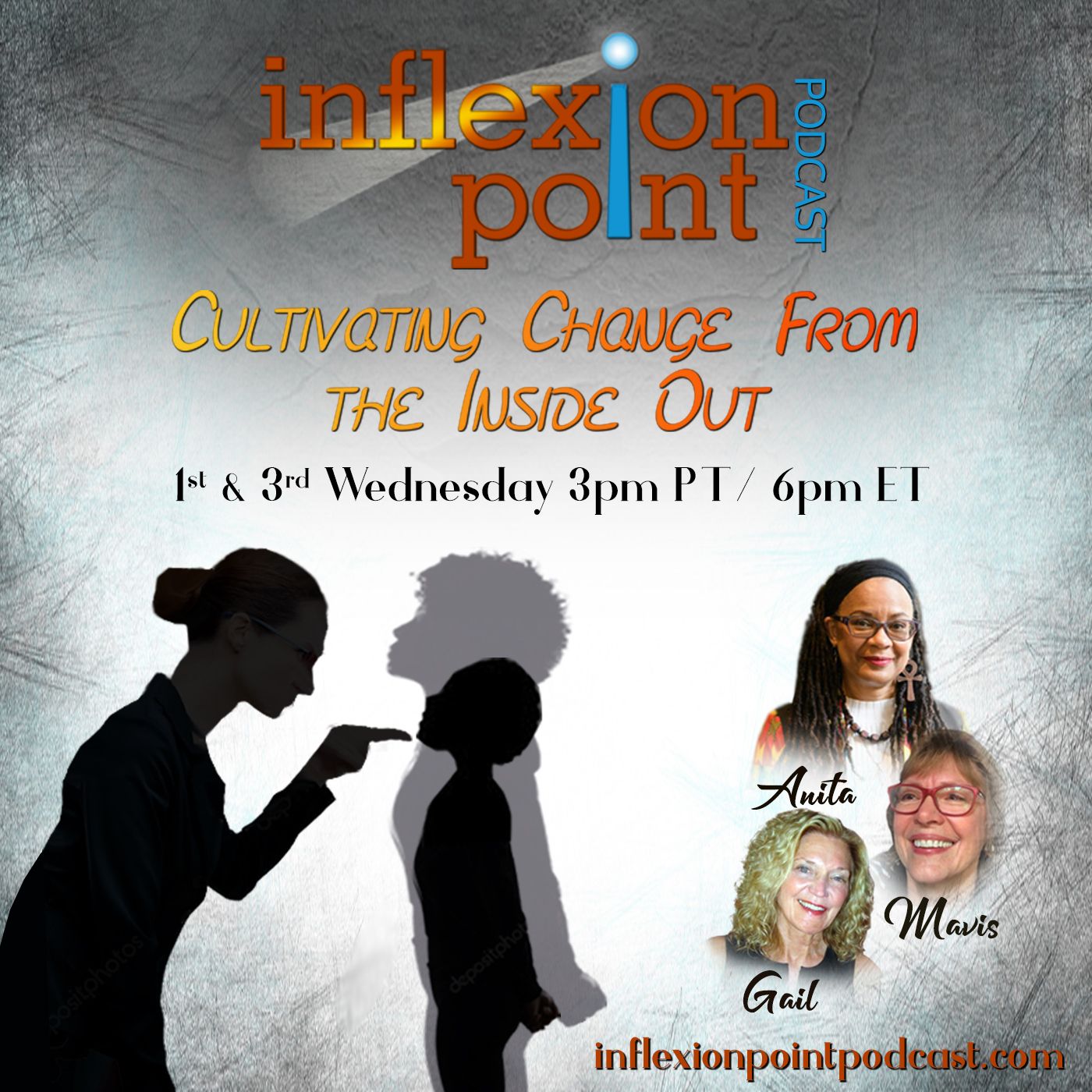
InflexionPoint Podcast: Cultivating Change from the Inside Out
Enter a brave space to ponder solving The Cairo Question. Engage in dialogue based on the premise that dismantling racism goes beyond laws and legislation or politics or economics. It's an inside job where personal transformation and accountability impact social change in multiple dimensions: individual, interpersonal, systemic, and structural. It's a place to get comfortable with deconstructing your inner thoughts, ideas, and beliefs to examine what flows out into the world through your words, actions, and behaviors, particularly towards others who are different from yourself.http://inflexionpointpodcast.com
Language
en
Released
Creator
Inflexion Point Podcast
Genre
society
Popularity
2.1
Trending
1.3
Episodes
5
Update Freq
Irregular
Priority
★ Normal
Discussion (0)